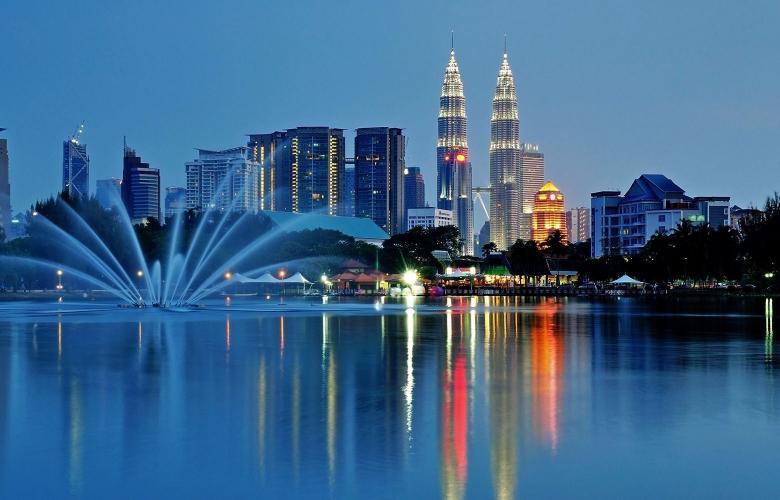While Malaysia’s once hot residential property market has cooled, its commercial real estate still has some long term possibilities, according to property firm CBRE.
It says that like the rest of South-East Asia, Malaysia is well positioned to benefit from future growth opportunities, many of which are expected to come from the Malaysian Economic Transformation Programme, which began in 2010.
Of course, with Malaysia now in the midst of an economic slowdown, given its slumping currency, relatively low consumer sentiment and the political controversy affecting Prime Minister Najib Razak, any stimulus must be viewed positively.
Several sectors at least remain buoyant, with demand for property in the healthcare, hotel and leisure, logistics and industrial sectors expected to be resilient in these slower economic conditions, as per property consultancy Knight Frank.
Manufacturing and industrial projects should tick along as well, as the government plans to improve local infrastructure, including the expansion of the Mass Rapid Transit system.
Meanwhile, the retail and office sectors are being viewed more cautiously.
Mixed feelings
Perspectives on the market may depend upon which side of the ledger you read, however. For example, Citibank’s most recent Property Insights report says that Malaysia’s consumer sentiment has actually been declining since the third quarter of 2014, dropping to a six-year low in the final quarter of last year. The high cost of living – and housing – is likely dampening the sentiments of many, as widely reported by the Malaysian media.
Still, sentiment around commercial real estate isn’t being described in such dire terms. For example, Knight Frank's Malaysia commercial real estate investment sentiment survey for 2016 shows that people within the industry expect some positives, such as the general availability of stock and equity capital.
In line with this, CBRE’s chief executive for APAC and President, U.S. Western Division, Steven Swerdlow, told RE Talk Asia that Malaysia presents good long term prospects.
"Some of the growth drivers include the ASEAN Economic Community, the TPP, Malaysia’s Economic Transformation Program, which is expected to generate US$400 billion in investments by 2020, presents another growth catalyst," said Swerdlow.
"Malaysia and Singapore will be linked by the high speed rail in time to come. Both countries are key members of the ASEAN Economic Community and the Trans Pacific Partnership, which present tremendous potential for cross border activities between the two countries."
CBRE recently entered into an agreement to acquire a 49 percent interest in Malaysia’s leading real estate services provider, WTW Real Estate, which will see it rebrand as CBRE – WTW.
By Jean-Paul Pelosi









